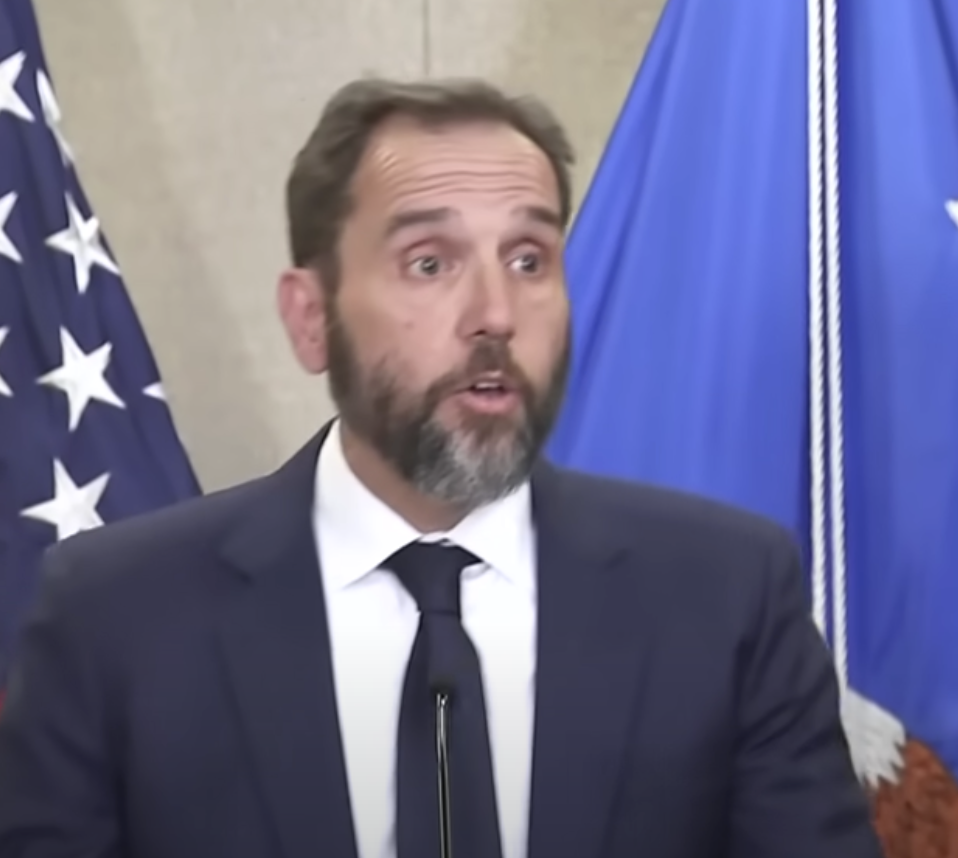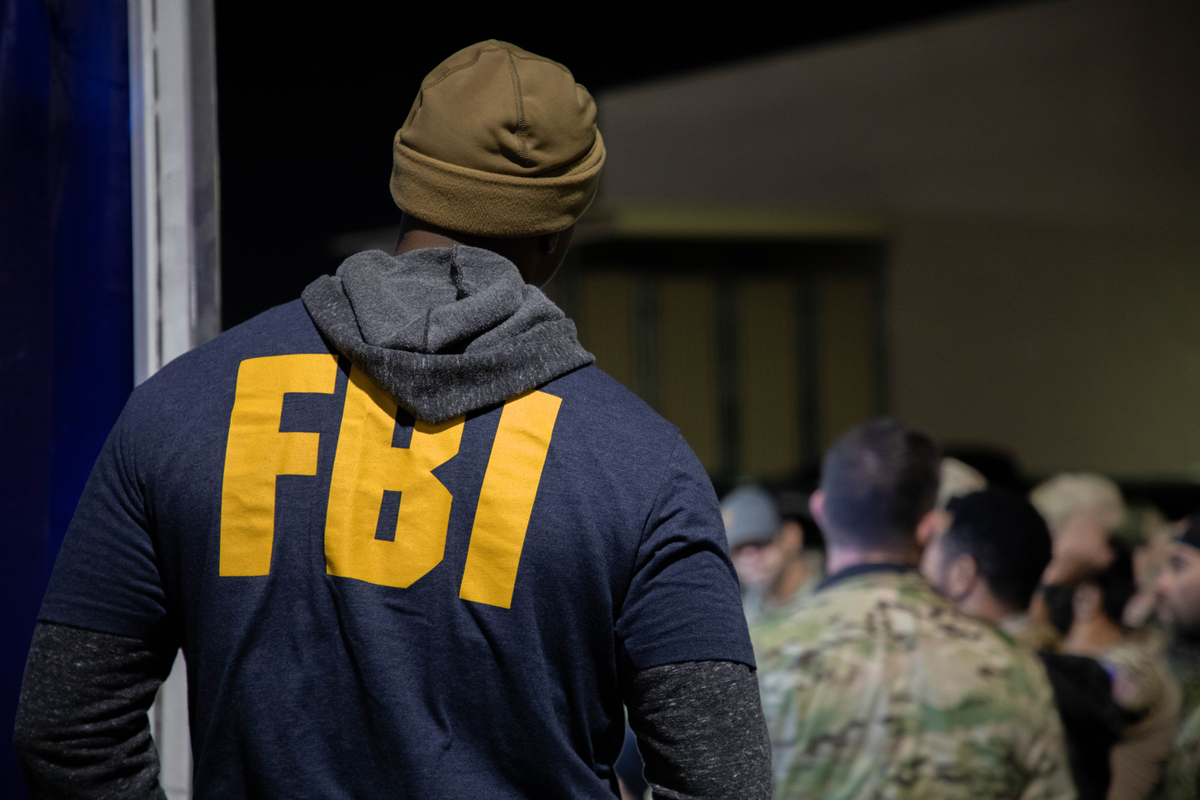By Steve Neavling
The FBI is falling short in curtailing the threats of white nationalism, argues Lerone A. Martin, director of the Martin Luther King, Jr., Research and Education Institute at Stanford University.
In a column in The Dallas Morning News on Monday, Lerone pointed out that the FBI used all of its resources to investigate King, who was non-violent.
“Not so with white supremacist violence,” Lerone wrote. “The bureau had the facts but refused to follow them. The FBI regularly cast white racist violence as outside of its jurisdiction, even when agents had prior knowledge from Ku Klux Klan informants.”
Later on, he wrote, “Similar to Hoover’s FBI, current knowledge of white supremacist plans has not translated into action. In the Jan. 6 attack, the FBI had an ‘unusual number of informants’ in the Proud Boys. These informants warned the bureau of the potential for violence on Jan. 6. Despite opposition from leading Republicans, the FBI has obtained numerous indictments and charges stemming from Jan. 6, but the attack could have been stopped.”
Lerone suggested the FBI could have averted the Jan. 6, 2021, attack on the Capitol if the bureau properly followed up on warnings about the potential for violence.
But, he argued, giving the FBI more power “is not the answer.”
“An already powerful FBI does not need more power and resources to prevent white nationalist violence. Existing policy and law, such as the U.S. Attorney General’s Guidelines for Domestic Investigations and U.S. Statute 18 U.S. Code § 2331(5) — which defines domestic terrorism as a destructive, life-threatening criminal act intended to intimidate civilians or influencegovernment policy by violent coercion — provides plenty of authority for the FBI to prevent, investigate and prosecute white supremacist attacks,” he wrote. “But the FBI is still trapped in a history of utilizing its power, propaganda and extreme methods to surveil and prosecute those who call into question white supremacy — communities of color, minority places of worship, and anti-racist movements — and not the perpetrators of white supremacist violence.”
Lerone concluded that “federal law enforcement, elected officials, and the public must push the nation to use existing resources to meet the most pressing current threat: white supremacist violence. This does not require more resources or more laws. It simply requires collective commitment and political will.”






